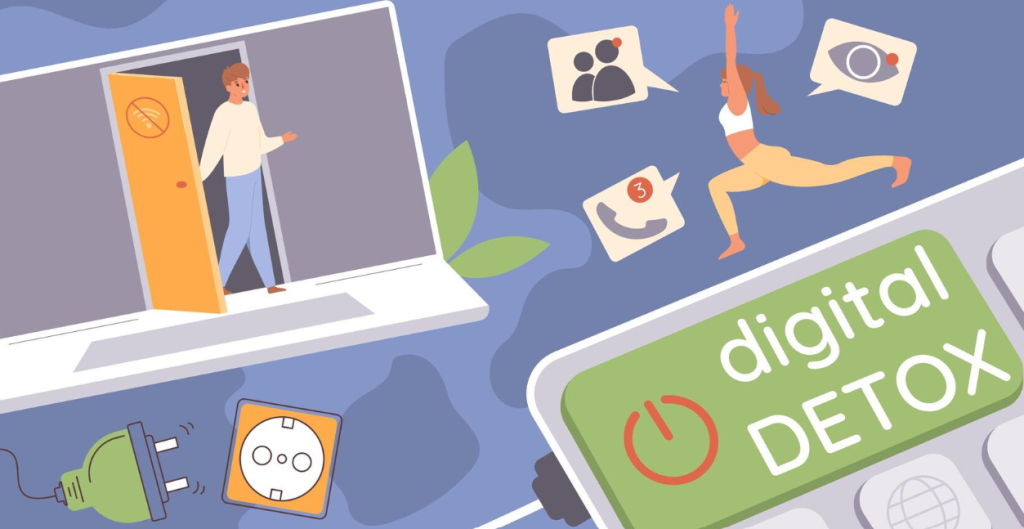In today’s fast-paced world, sleep is often sacrificed in favor of work, socializing, or binge-watching the latest TV series. Yet, quality sleep is not a luxury—it’s a fundamental pillar of health. Poor sleep can lead to a cascade of negative effects, from weakened immunity to increased risk of chronic diseases. On the other hand, prioritizing restful sleep can enhance mental clarity, emotional stability, and physical well-being. Let’s explore why sleep is so vital and how you can unlock its full benefits for a healthier life.
The Science Behind Sleep and Health
Sleep is far more than just a period of rest. It’s a complex biological process that allows the body and brain to repair, recharge, and regenerate. During sleep, the body undergoes critical functions such as:
- Tissue repair: Growth hormone is released, aiding muscle and cell repair.
- Memory consolidation: The brain processes and stores information from the day.
- Detoxification: The glymphatic system clears waste products from the brain.
- Immune system boost: Cytokines are produced to fight infections and inflammation.
Without adequate sleep, these processes are disrupted, leaving the body vulnerable to illness, cognitive decline, and chronic conditions like diabetes and heart disease.
The Consequences of Poor Sleep
Chronic sleep deprivation has far-reaching effects on both physical and mental health. Here are some of the most significant risks:
1. Weakened Immune System
Lack of sleep reduces the production of infection-fighting antibodies, making you more susceptible to colds, flu, and other illnesses.
2. Weight Gain and Metabolic Issues
Sleep deprivation disrupts hormones like leptin and ghrelin, which regulate hunger. This can lead to overeating and weight gain. Additionally, poor sleep is linked to insulin resistance, increasing the risk of type 2 diabetes.
3. Mental Health Struggles
Sleep and mental health are deeply connected. Insufficient sleep can exacerbate anxiety, depression, and mood swings, while quality sleep enhances emotional resilience.
4. Increased Risk of Chronic Diseases
Long-term sleep deficiency is associated with higher risks of cardiovascular disease, hypertension, and even Alzheimer’s disease.
How Much Sleep Do You Really Need?
The ideal amount of sleep varies by age and individual needs. The National Sleep Foundation recommends:
- Adults (18-64): 7-9 hours per night
- Older adults (65+): 7-8 hours per night
- Teenagers: 8-10 hours per night
- Children: 9-12 hours per night
However, quality matters just as much as quantity. Deep, uninterrupted sleep is essential for reaping the full health benefits.
Tips for Improving Sleep Quality
If you struggle with sleep, small lifestyle changes can make a big difference. Here are some evidence-based strategies:
1. Establish a Consistent Sleep Schedule
Going to bed and waking up at the same time every day—even on weekends—helps regulate your body’s internal clock.
2. Create a Relaxing Bedtime Routine
Wind down with calming activities like reading, meditation, or a warm bath. Avoid screens at least an hour before bed, as blue light suppresses melatonin production.
3. Optimize Your Sleep Environment
Keep your bedroom cool, dark, and quiet. Invest in a comfortable mattress and pillows to support restful sleep.
4. Limit Caffeine and Alcohol
Caffeine can stay in your system for hours, so avoid it in the afternoon. While alcohol may make you drowsy, it disrupts sleep cycles later in the night.
5. Exercise Regularly
Physical activity promotes deeper sleep, but avoid intense workouts close to bedtime, as they can be stimulating.
Conclusion
Quality sleep is a cornerstone of good health, impacting everything from immunity to mental well-being. By understanding the science of sleep and implementing healthy habits, you can unlock its transformative benefits. Prioritize rest just as you would nutrition and exercise—your body and mind will thank you. Start tonight by making small adjustments, and soon, you’ll experience the profound difference that deep, restorative sleep can make.

